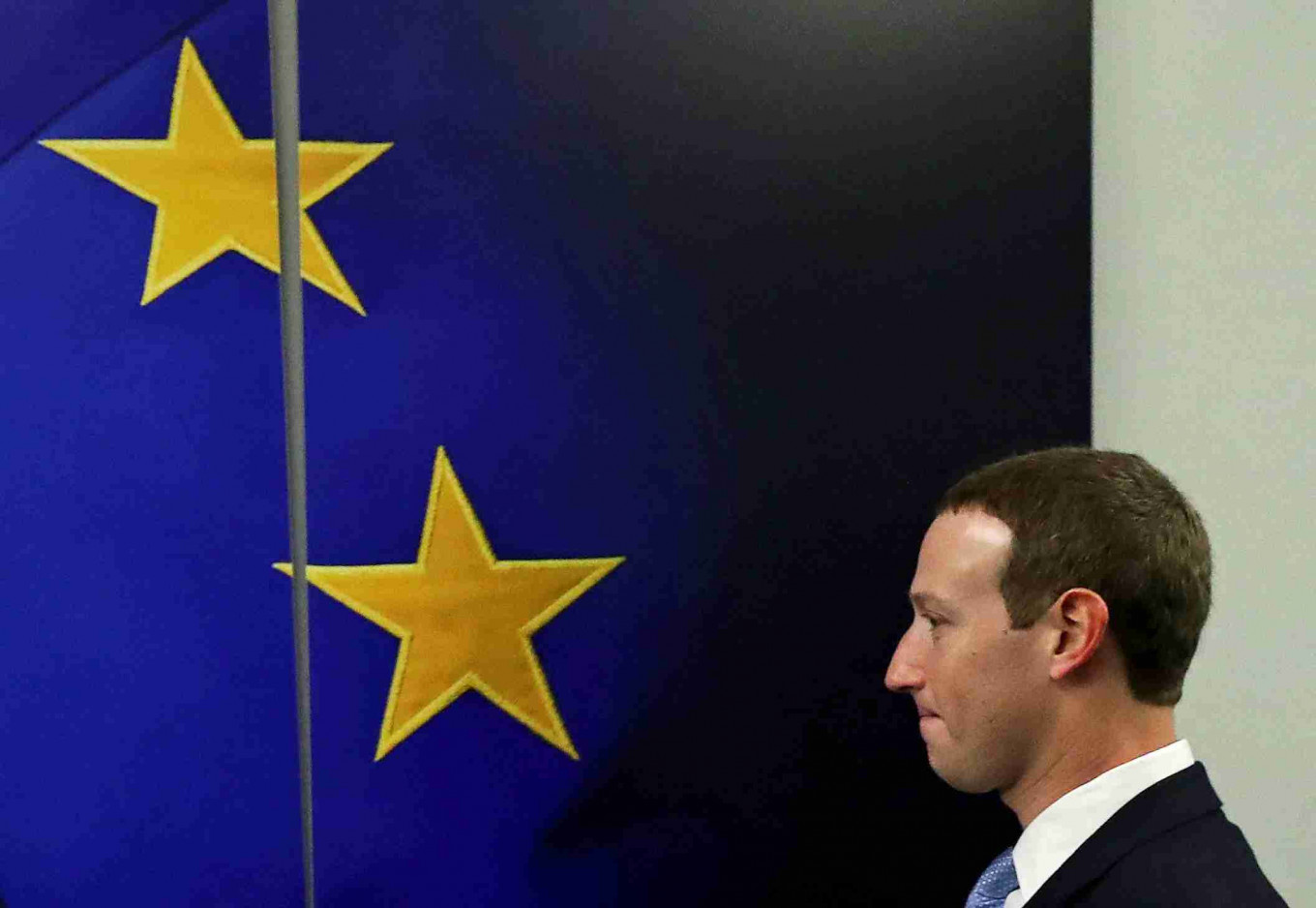Popular Reads
Top Results
Can't find what you're looking for?
View all search resultsPopular Reads
Top Results
Can't find what you're looking for?
View all search resultsWhy social media fact-checking promised too much
Many lament social media companies dropping independent fact-checking but perhaps “false-checking” is a more honest and achievable target.
Change text size
Gift Premium Articles
to Anyone
F
act-checking has gone out of fashion, at least for much of the social media "broligarchy", that billionaire tech group typified by Meta boss Mark Zuckerberg and X's Elon Musk.
Zuckerberg announced earlier this year that Meta had disbanded Facebook and Instagram's independent fact-checking program. Meta will instead use a form of Community Notes, similar to that introduced by X after owner Musk dumped third-party fact-checking when he bought the company then known as Twitter in 2022.
Instead of independent experts being used to verify information in a third-party model, the Community Notes model leaves it to the social media community to decide if posts are potentially misleading.
This has led to concerns there will be an onslaught of conspiracies and misinformation. But while that's certainly a danger, those in what could be called the "fact-hunting world" might caution against simplistic assertions of fact.
There is a strong argument that true fact-checking might always have been unobtainable and that “false-checking”, or calling out obviously false statements, might be a more realistic goal.
Ironically, a test used to identify people most likely to subscribe to conspiracies hints at some of the obstacles to genuine fact-checking.
The Generic Conspiracist Beliefs Scale is popular in academic psychology for measuring how likely someone is to think in conspiratorial ways.
The scale does not measure how much someone follows a particular conspiracy theory, for example "the moon landing was faked", "the Kennedy assassination was an inside job" or "Harold Holt was taken by a Chinese midget submarine", but instead how likely they are to endorse any alternative explanation for how the world works.
You can see this in the 15 statements the scale asks participants to consider, which include:
"The government is involved in the murder of innocent citizens and/or well-known public figures, and keeps this a secret." "The power held by heads of state is second to that of small unknown groups who really control world politics."
Someone who ticks 'agree' to lots of these sorts of questions is probably more likely to accept a particular conspiracy theory.
But if you look at some of these questions more carefully, as others have done in the past, a more complicated picture emerges.
Consider question 10: "New and advanced technology which would harm current industry is being suppressed." Here the decades-long campaign by the fossil fuel industry against decarbonization could be seen as a good example.
Or question 5: "Groups of scientists manipulate, fabricate, or suppress evidence in order to deceive the public." Sadly, it has been well-established that fraud can, and does, occur in a range of academic settings.
Many have condemned Meta's decision to abandon independent fact-checking, suggesting it is opening up a world of heightened conspiratorial thinking.
That's probably true, but perhaps it is also time for those who like the idea of good knowledge to consider the construction of facts with more care.
Even assertions of fact stemming from the world of science can quickly unravel. This leads to a direct loss of trust in science and government.
Facts just aren't that simple: there is actually relatively little known about the world with the certainty that's implied by the term "fact".
Scientists, or indeed anyone in the fact-hunting world, tend to talk less in terms of facts and more in probabilities and likelihoods.
Sure this is messier, muddier, less sure-footed communication, but it's a little more humble. It's a little more honest about what is and is not known with certainty.
Perhaps fact-checking should be considered in this light.
In a skeptical world, there should be a distinction between acknowledging there are facts and that they might be known, but also that, in some cases at least, the truth can never really be confirmed.
It's well-accepted that it's much easier to prove something is false (falsification) than to prove it is true (verification). Indeed, this realization underpins much of modern science.
If verifying facts is so hard, the fact-checking challenge becomes how far from “not false” is good enough.
Fact-checking is complex and nuanced. There is a difference between providing the analysis of claims like the ABC used to do and only highlighting what is viewed as misinformation then linking to the fact-checking, which is what Meta did.
And there are questions over what level of information fact-checking should target: should it examine a single claim, an article or go all the way to the group, individual or company making the claims? In the past, Meta has talked in terms of posts, pages and groups.
It is good to call out falsehoods wherever they are raised but it's also important to be a little more humble when asserting “facts”.
In that context, “false-checking” might be a more honest, and more achievable, aim than fact-checking.
---
The writers are associate professors in science communication at the Australian National Centre for the Public Awareness of Science at the Australian National University. The article is republished under a Creative Commons license.











